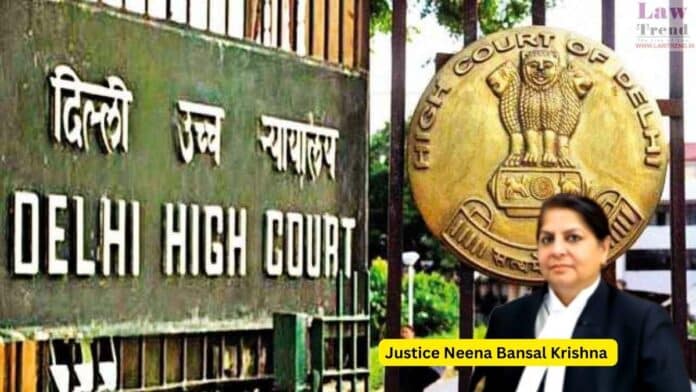The Delhi High Court has upheld the discharge of a woman’s husband and in-laws from charges under Sections 498A and 34 of the Indian Penal Code (IPC), ruling that the mere fact that the deceased was seen crying by her siblings could not, by itself, establish a case of dowry harassment. Justice Neena Bansal Krishna
To Read More Please Subscribe to VIP Membership for Unlimited Access to All the Articles, Download Available Copies of Judgments/Order, Acess to Central/State Bare Acts, Advertisement Free Content, Access to More than 4000 Legal Drafts( Readymade Editable Formats of Suits, Petitions, Writs, Legal Notices, Divorce Petitions, 138 Notices, Bail Applications etc.) in Hindi and English.




